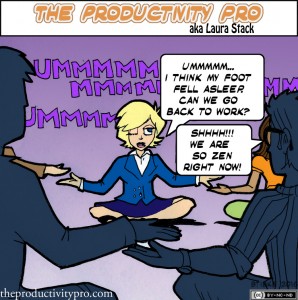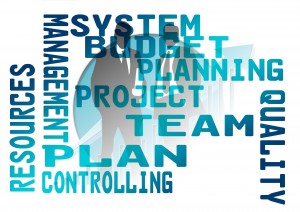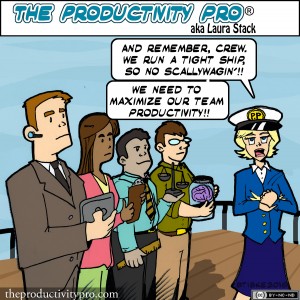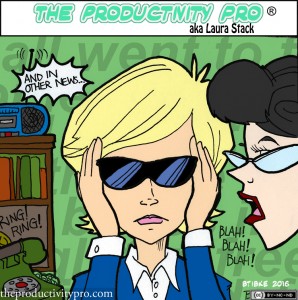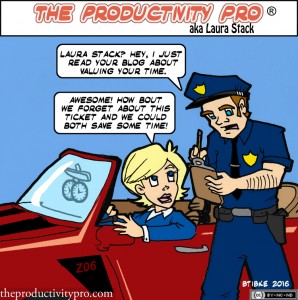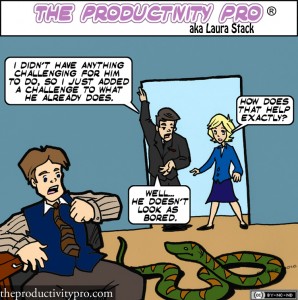
Perception creates reality in most people's minds, but this tendency can lead you astray. You set the tone for your team, so make a commitment to putting substance over style. Refuse to lock your team into rigid ways of thinking and doing, in which the company line matters more than the bottom line. Within ethical, moral, and legal limits, do what benefits your organization most and gets you closer to its goals. To wit: 1. Break Free from Bureaucracy. Many organizations settle on what they consider "best practices" and stay there indefinitely. But "best" changes with technology and culture. Don't become so hardened that you refuse to take advantage of new "bests" as they become available and the old bests become outdated. 2. Stop Confusing "Busy" with "Productive." Who cares how many … [Read more...]
